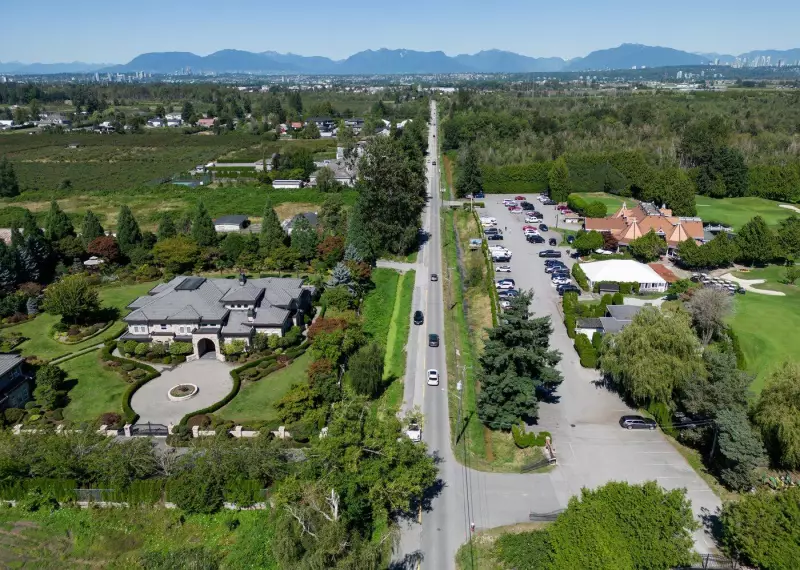
VICTORIA - High-level discussions are underway between British Columbia's cabinet ministers and First Nations leadership amid growing tensions over Indigenous land rights and resource management in the Cowichan region.
The closed-door meetings, described by participants as "crucial" and "time-sensitive," come as the provincial government faces increasing pressure to address long-standing land claim issues that have simmered for decades.
Key Players at the Table
Among the prominent figures participating in these delicate negotiations is Murray Rankin, British Columbia's Minister of Indigenous Relations and Reconciliation. Rankin, who brings extensive legal expertise to the table, previously served as a Member of Parliament and opposition environment critic before entering provincial politics.
Representing First Nations interests is Regional Chief Terry Teegee of the BC Assembly of First Nations, a seasoned advocate for Indigenous rights and environmental stewardship. Teegee has been vocal about the need for meaningful government action on land title issues.
Background of the Cowichan Dispute
The current tensions stem from complex land use and resource management disagreements in the Cowichan Valley, where First Nations communities have asserted their rights to traditional territories. These discussions occur against a backdrop of increasing legal recognition of Indigenous title following landmark Supreme Court decisions.
Observers note that the timing of these meetings suggests both sides recognize the urgency of finding common ground before disputes escalate further. The provincial government has faced criticism for its handling of similar cases in the past, adding pressure to achieve a breakthrough in current negotiations.
Broader Implications
These high-stakes discussions extend beyond the immediate Cowichan case, potentially setting precedents for how British Columbia addresses Indigenous land rights across the province. The outcome could influence resource development projects, environmental protection measures, and the implementation of the United Nations Declaration on the Rights of Indigenous Peoples in BC.
As meetings continue behind closed doors, stakeholders from various sectors—including forestry, fishing, and environmental groups—are watching closely, aware that the results could reshape land management practices throughout the province for generations to come.





